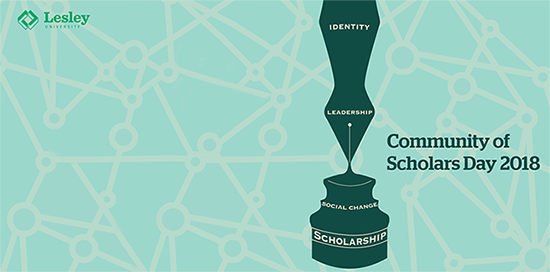Siblings of Individuals with Disabilities: Implications of Gender Roles and Informal Caregiving
Abstract
This paper is aimed to examine the potential overlap between the experiences of siblings of individuals with disabilities and implications of traditional gender roles, with specific attention to stressors related to informal caregiving. Research studies are presented that examine the sibling experience, including individual’s coping mechanisms, stress levels, mental health issues, and qualitative responses regarding future planning. Presented in parallel to the sibling research, studies are discussed regarding informal caregiving, particularly to the geriatric population. Gender-based caregiving studies are examined with the same research question in mind. Does gender affect caregivers and the caregiving relationship differently? Does gender affect siblings and the sibling relationships differently? Most importantly, how can we synthesize the findings from these independent studies to draw conclusions about how gender interacts with caregiving for siblings? Findings from this paper support the hypothesis that females are generally fulfilling traditional gender roles in care-centered relationships. According to several key studies examining these relationships, researchers have found sisters reporting higher levels of involvement with their sibling’s care. There is room for growth in this unique intersection of identities, we look to further investigate outcomes of gendered caregiving so that we can continue to develop better support for individuals in these situations.
Start Date
28-3-2018 3:10 PM
End Date
28-3-2018 4:00 PM
Presentation Type
Paper
Disciplines
Family, Life Course, and Society | Gender and Sexuality | Medicine and Health | Social and Behavioral Sciences
Siblings of Individuals with Disabilities: Implications of Gender Roles and Informal Caregiving
U-Hall 3-094
This paper is aimed to examine the potential overlap between the experiences of siblings of individuals with disabilities and implications of traditional gender roles, with specific attention to stressors related to informal caregiving. Research studies are presented that examine the sibling experience, including individual’s coping mechanisms, stress levels, mental health issues, and qualitative responses regarding future planning. Presented in parallel to the sibling research, studies are discussed regarding informal caregiving, particularly to the geriatric population. Gender-based caregiving studies are examined with the same research question in mind. Does gender affect caregivers and the caregiving relationship differently? Does gender affect siblings and the sibling relationships differently? Most importantly, how can we synthesize the findings from these independent studies to draw conclusions about how gender interacts with caregiving for siblings? Findings from this paper support the hypothesis that females are generally fulfilling traditional gender roles in care-centered relationships. According to several key studies examining these relationships, researchers have found sisters reporting higher levels of involvement with their sibling’s care. There is room for growth in this unique intersection of identities, we look to further investigate outcomes of gendered caregiving so that we can continue to develop better support for individuals in these situations.



